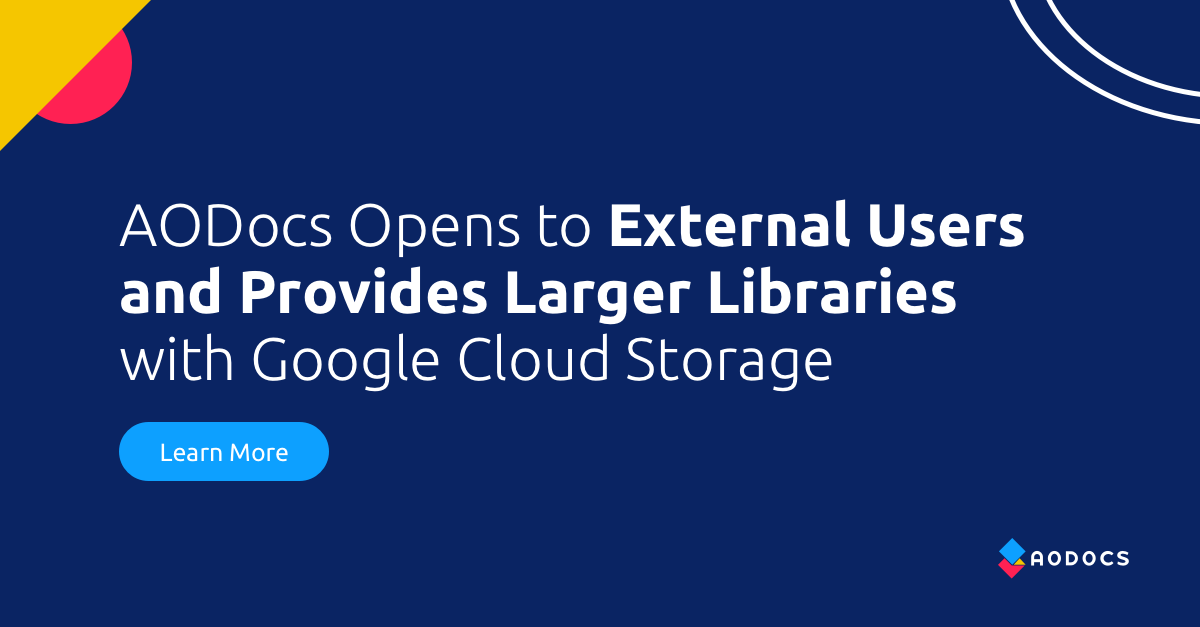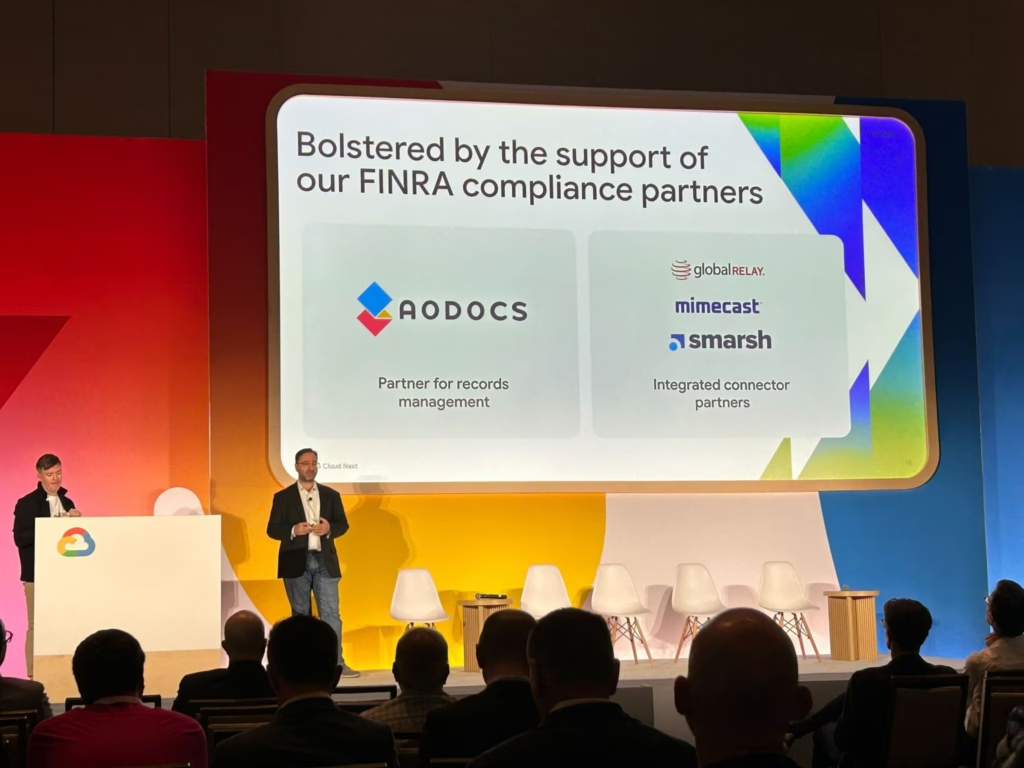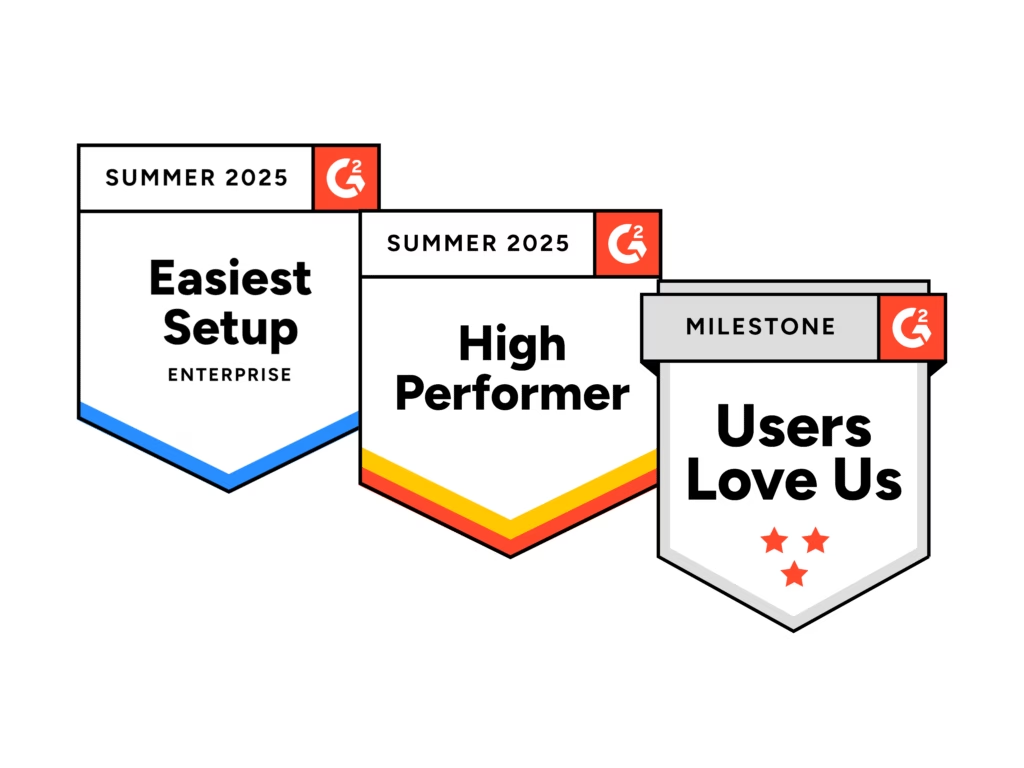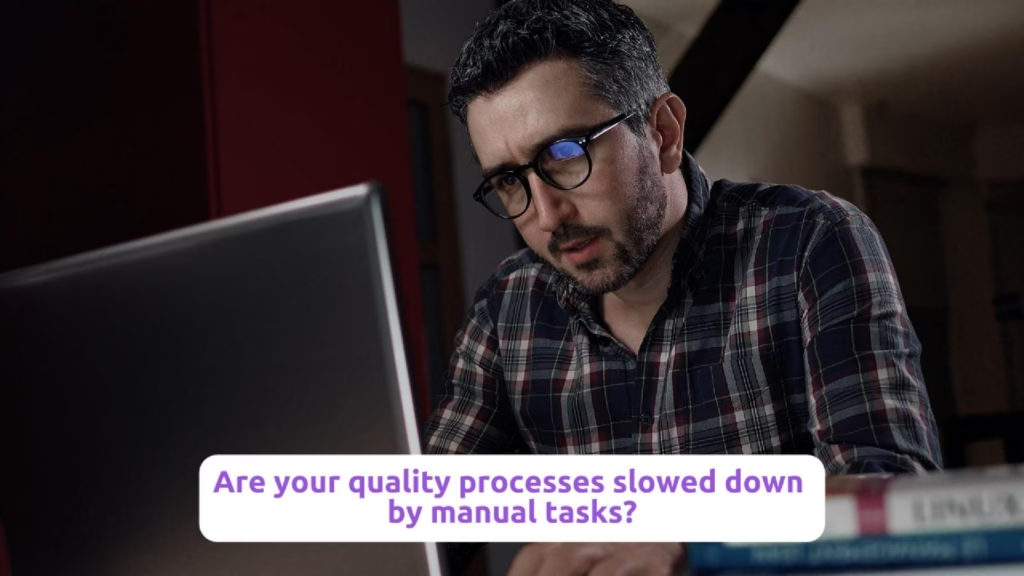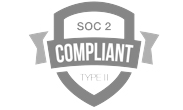In the nearly 10 years since its inception, AODocs has helped its customers modernize their documents and workflows by managing their content in Google Drive. We are now going one step further by introducing two major improvements to our platform, set to release in November 2021:
- The capability for external users to log in with a non-Google identity, using a provider of his or her choice (including Microsoft single sign on and generic email/password); and
- The capability to store attached files in Google Cloud Storage.
With these new features you will be able to invite your clients, suppliers and external partners to participate in your AODocs workflows and leverage AODocs for content that could not, practically, be stored in Google Drive (for example, for scalability or compliance reasons).
Invite non-Google users to participate in your AODocs libraries
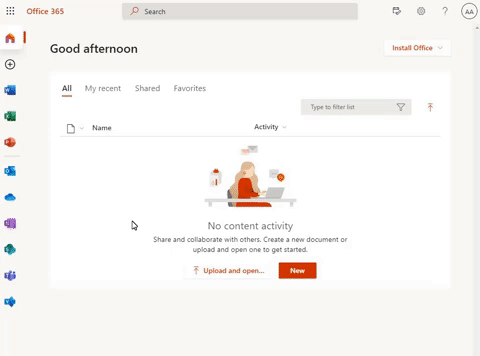
Many AODocs use cases involve external parties such as clients, suppliers, outside counsel and other partners who don’t always have a Google account to log in to AODocs. With the upcoming support for non-Google identity providers, the external users you invite to your AODocs libraries will be able to:
- Authenticate with a Microsoft account, or create an AODocs account by registering their email and a password.
- Access all the features of AODocs, with the same user interface, including the document properties editor, the views and the workflows.
- Preview, edit (with AODocs Universal File Opener) and create attached files in any format in Google Cloud Storage.
Inviting external users to your AODocs libraries will unlock many cross-company use cases such as supplier portals, technical documentation, extranet for client documents, and more!
Scale up your libraries with Google Cloud Storage
Most Google Workspace customers have legacy content that cannot be moved to Google Drive because of scalability limitations or regulatory requirements regarding encryption or data sovereignty. This content often is left in on-premises systems like IBM FileNet, Documentum or OpenText ContentServer. In the coming months, AODocs will be able to efficiently replace these legacy systems thanks to its new integration with Google Cloud Storage, bringing:
- Improved scalability: With Google Cloud Storage, AODocs libraries can scale up to multiple millions of documents without impacting performance, and our migration tools can import documents 20x faster into these new libraries (compared to importing documents into AODocs libraries using Google Drive storage).
- Country-level location: The physical location of your files in Google Cloud Storage can be selected among a growing list of options, and by doing so, you can guarantee that your documents will remain within the borders of specific countries, such as Germany, Switzerland, UK, Belgium and more.
- Customer-managed encryption keys: Google Cloud Storage’s built-in encryption features allow you to use your own encryption keys for your sensitive content, without requiring any additional software.
These advancements to our platform offerings are the next steps towards AODocs’ seamless integration and cross-collaboration capabilities. Contact us to be the first ones to benefit from these new features!
